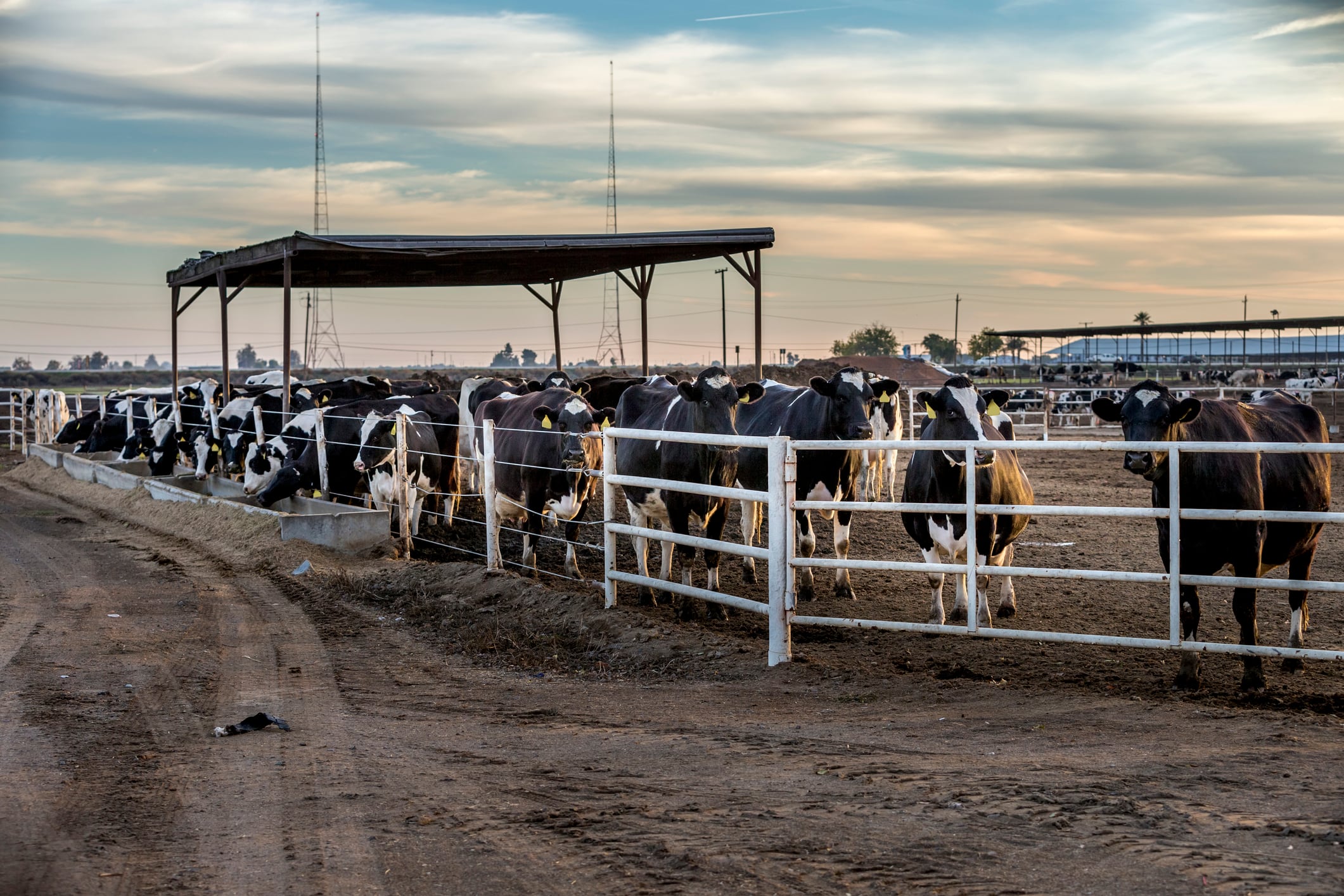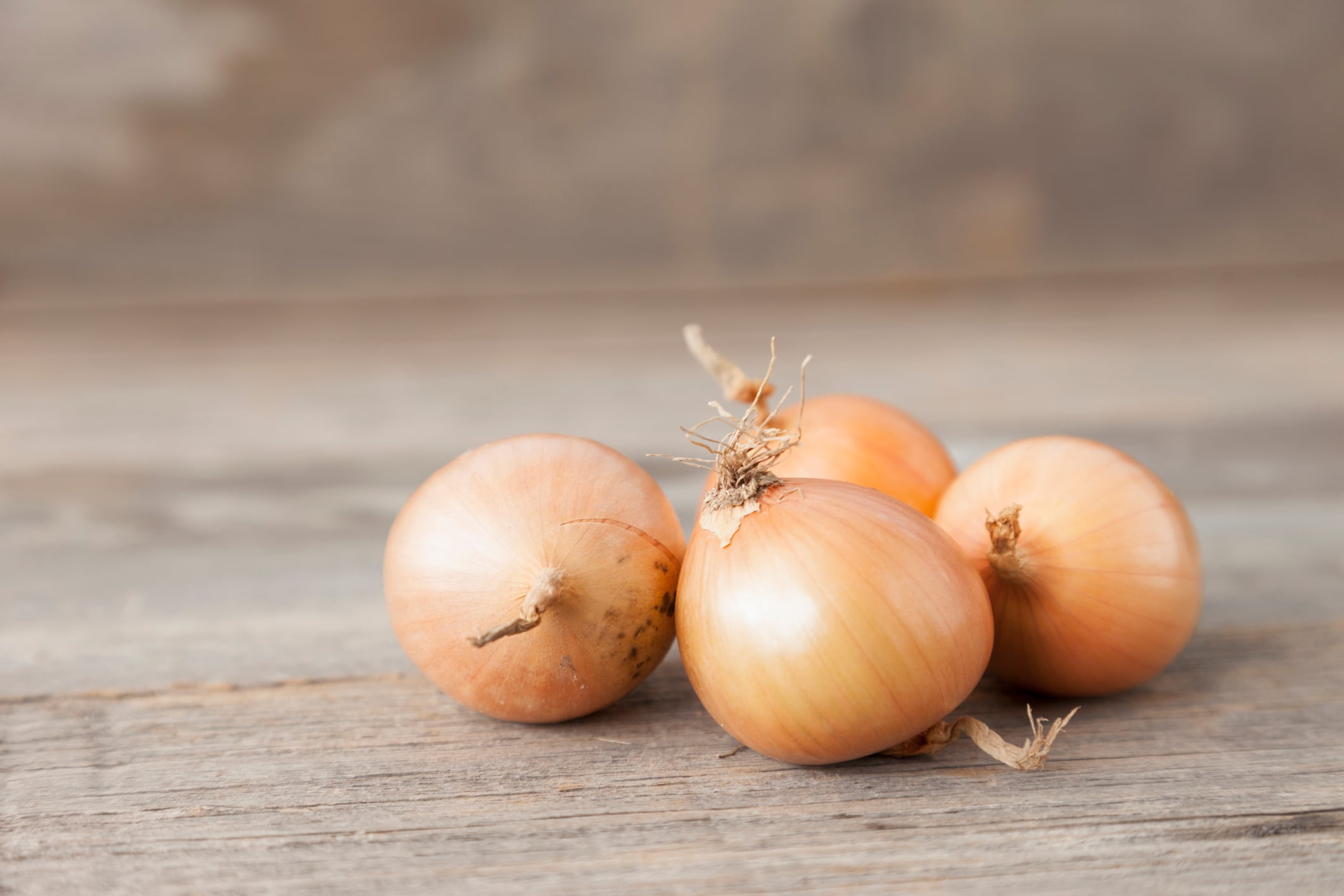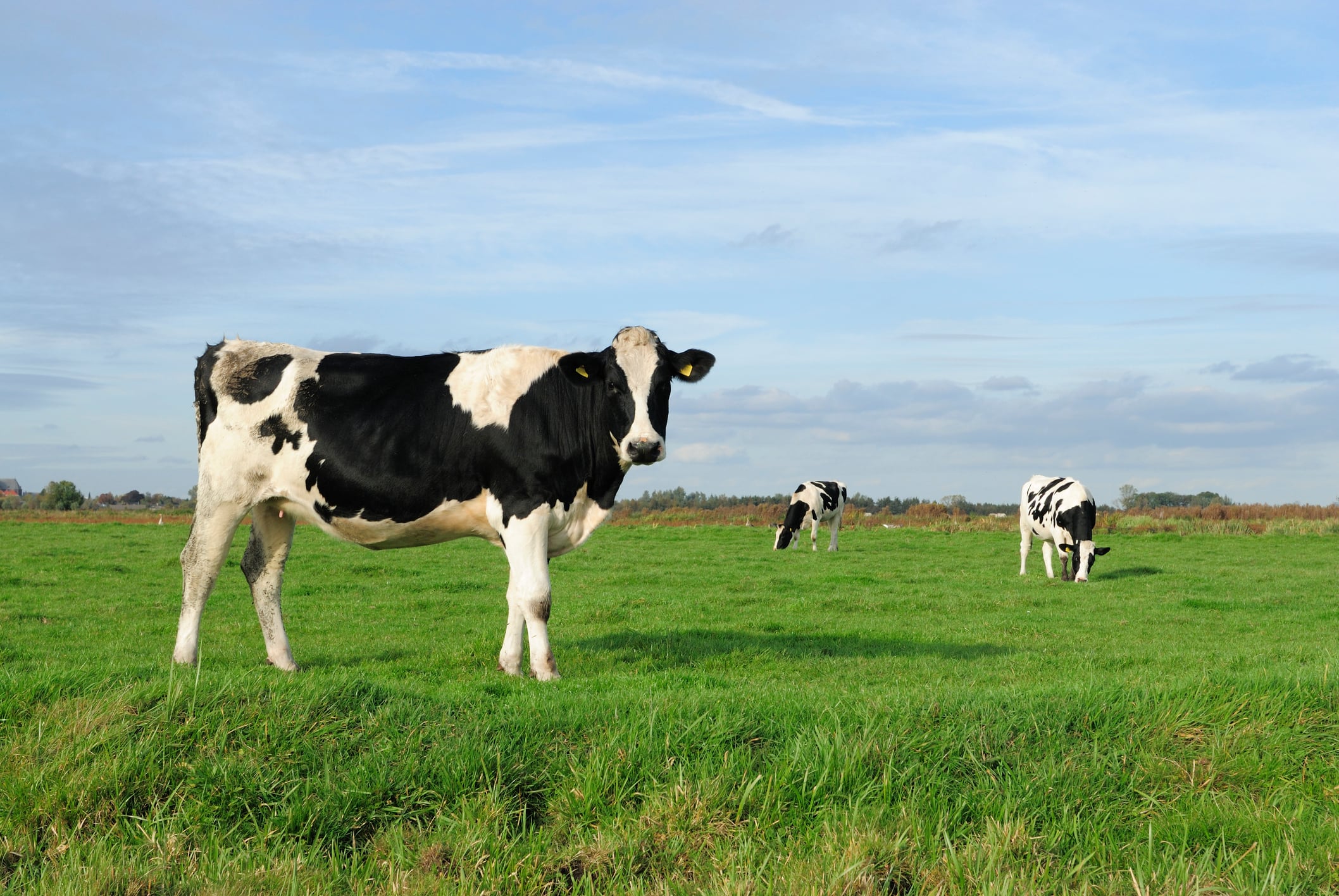In a lab within NC State University’s startup incubator, one of livestock’s biggest climate challenges is being re-engineered at the microbial level.
Hoofprint Biome, a biotech startup launched in 2023, is developing novel enzyme-based technology to reshape the rumen microbiome, reduce methane emissions and improve productivity in cattle.
Though barely two years old, the innovator is moving at a face pace.
Co-founded by animal scientist, Kathryn Polkoff, and chemical engineer, Dr Scott Collins, the startup is part of a new wave of climate tech ventures applying deep biotechnology and AI tools to longstanding agricultural problems. Their goal? To make cows more efficient, and far less polluting.
“This all came down to asking: what’s the most meaningful problem we could work on?” said Polkoff. “Livestock and biotech are what we know.”
Climate levers
She believes the cow microbiome might be one of the most powerful levers to impact climate, if industry can get the biology right. “We founded the company because we saw this enormous gap in how biotechnology was being applied in livestock.”
Before the rumen, there’s effectively no active immune system, which means there’s a huge opportunity, and challenge, in shaping the cattle microbiome, she told us.
“It’s a largely untapped space for improving efficiency and eliminating methane. That insight was the starting point for Hoofprint. We set out to bring biotechnology to cattle in a way that boosts yield and cuts methane. We began by using matrix tools, and from there, we built a powerful platform at Hoofprint. The results so far have been exciting.”
Asked how the company’s enzyme-based approach differs from other methane reduction strategies, she commented:
“Most existing approaches try to suppress or block methane production as a symptom - like battling the problem head-on without changing the underlying system. Our approach is different. We ask: what’s really going on in the microbiome, and how can we reshape it in a purposeful, biological way?
“We’re using biology - specifically enzymes and proteins that already exist in nature - to guide that change. Nature has evolved a toolkit of powerful enzymes to perform incredibly precise functions. By harnessing that toolkit, we can intentionally modulate the microbiome to both cut methane and improve productivity. It’s about working with nature, not against it.”
These enzymes promote the growth of beneficial microbes and suppress less efficient ones, optimizing fermentation and redirecting energy flows away from methane production, explained Polkoff.
This approach avoids the pitfalls faced by some methane inhibitors, which have seen public pushback in some markets due to their synthetic nature: “Farmers need to like it, food brands need to like it, and consumers need to like it. You can’t have just two out of three,” she reasoned.
Enzyme discovery and optimization
Much of Hoofprint’s progress can be credited to its sophisticated integration of AI and machine learning in enzyme discovery and optimization. Leveraging tools like Google’s AlphaFold and proprietary models, the company has been able to screen thousands of enzymes at record speed, accelerating what would traditionally take a decade into under 12 months.
“AI has been a complete game-changer,” according to Polkoff.
It has allowed the company to decode the ‘dark matter’ of microbial DNA and find the exact tools needed to manipulate the rumen microbiome.
The startup has developed a yeast-enzyme blend that is expected to be their first product format, designed for daily inclusion in feedlots and dairy operations. While the specifics of their enzyme mechanisms remain under wraps due to IP protection, the functional impact is clear: Dhaping microbial populations to favour efficient fermentation while cutting methane at the source.
From lab to farm: Scaling the impact
Hoofprint’s rapid scientific progress has been matched by investor interest. Last month the startup announced the closing of a US$15m Series A round. Its backers include Amazon’s Climate Pledge Fund, Breakthrough Energy Fellows, and AgriZeroNZ - a public-private coalition supporting low-emission livestock solutions in New Zealand.
These partnerships reflect Hoofprint’s global ambitions. Whether in the US, Brazil, New Zealand, or Europe, the opportunity to improve yield and cut emissions is universal, said the co-founder.
NC State’s Animal Science Department has been a crucial early collaborator, supporting Hoofprint’s research trials. The team is now transitioning from discovery to full product development and preparing for large-scale commercial trials. “Farmers want to see real-world results,” commented Polkoff. “That means methane reduction paired with productivity metrics like milk yield or weight gain, in systems that look like theirs.”
Regulatory landscape
The company sees advantages in working with enzymes, which have a long-standing use in livestock production and clearer regulatory pathways. Still, gaining specific methane-reduction claims on labels remains a frontier effort. Hoofprint is actively contributing to discussions on how to standardize testing and claims, work accelerated by its partners in both government and industry.
Public-private initiatives like AgriZeroNZ are proving instrumental in this space, uniting policy, scientific research, and market expertise to drive progress. Similarly, legislative developments such as the Innovative Feed Act in the United States signal promising support for novel solutions in sustainable agriculture, remarked Polkoff.
Looking ahead, the company aims to launch its first daily-fed product in dairies and feedlots, with longer-term plans for slow-release or bolus delivery systems for grazing herds.



